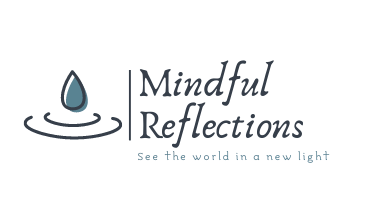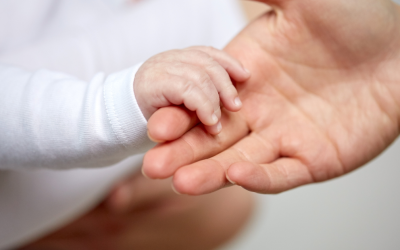Nourishing Body and Mind: Nutritional Support for Postpartum Mental Health
The early days of motherhood are a whirlwind of emotions, sleep deprivation, and endless diaper changes. But amidst the chaos, there’s one crucial factor that often gets pushed to the side: nutrition.
What you eat has a profound impact not just on your physical health but also on your mental well-being, especially during the postpartum period.
Science is increasingly revealing the powerful connection between gut health, brain function, and mood. Let’s explore how nutritional choices can support your mental health journey as a new mom.
Food for Thought: The Gut-Brain Connection
Did you know your gut is teeming with trillions of bacteria? This complex ecosystem, often referred to as the “gut microbiome,” plays a crucial role in digestion, but it also influences your mood and mental health.
A healthy gut microbiome is linked to the production of neurotransmitters like serotonin, which regulates mood and happiness. Conversely, an imbalanced gut microbiome can contribute to symptoms of anxiety and depression.
Here’s how your diet can influence your gut health:
- Processed foods: Sugary drinks, refined carbohydrates, and unhealthy fats can disrupt the gut microbiome.
- Fiber-rich foods: Fruits, vegetables, and whole grains are a breeding ground for beneficial gut bacteria.
- Probiotics: These live microorganisms found in yogurt, kefir, and fermented foods promote a healthy gut environment.
Building a Postpartum Plate: Nutritional Strategies for New Moms
So, how can you translate this knowledge into practical dietary choices? Here are some tips to fuel your body and mind during the postpartum period:
- Prioritize whole, unprocessed foods: Focus on fresh fruits and vegetables, whole grains, lean protein sources, and healthy fats like those found in nuts, seeds, and avocados.
- Embrace the rainbow: A variety of colorful fruits and vegetables ensures you’re getting a wide range of essential vitamins and minerals that support overall well-being.
- Don’t skimp on protein: Protein is vital for building and repairing tissues, including those in your brain. Aim for lean protein sources like chicken, fish, beans, and lentils throughout the day.
- Stay hydrated: Dehydration can lead to fatigue and headaches, making it even harder to cope with the demands of motherhood. Drink plenty of water throughout the day.
- Limit sugary drinks and refined carbohydrates: These can spike your blood sugar followed by a crash, leaving you feeling sluggish and irritable.
- Listen to your body: Cravings can be your body’s way of communicating its needs. However, be mindful of emotional eating and strive for balanced choices.
Remember, a “perfect” postpartum diet doesn’t exist. The goal is to prioritize healthy, nourishing foods most of the time, while allowing yourself occasional treats.
Therapy: A Partner in Building Healthy Habits
While nutrition plays a crucial role, building sustainable healthy eating habits can be challenging, especially during the demanding postpartum period. This is where therapy can be a powerful partner in your journey.
A therapist can help you:
- Identify triggers for unhealthy eating: Explore emotional factors that might be leading you to make unhealthy food choices.
- Develop coping mechanisms: Learn strategies for managing stress and anxiety without resorting to food.
- Set realistic goals: Instead of aiming for drastic changes, work with your therapist to create achievable nutritional goals that fit your lifestyle.
- Celebrate progress: Acknowledge and celebrate your efforts, no matter how small.
By combining healthy eating habits with the support of therapy, you can build a foundation for lasting well-being, both physically and mentally. Remember, taking care of yourself is not selfish – it’s essential for being the best mom you can be for your little one.
Previous Posts
Exploring the Impact of Hormonal Changes on Postpartum Mental Health
Postpartum hormones: the rollercoaster you never signed up for. Becoming a mom is an incredible...
Holistic Postpartum Therapy: Nurturing the Whole Mother
Motherhood is a transformative journey, but those early days can be a whirlwind of emotions,...
Self-Care Tips for New Moms: Balancing Mental Health and Motherhood
The early days of motherhood are a whirlwind of emotions, sleepless nights, and endless diaper...





